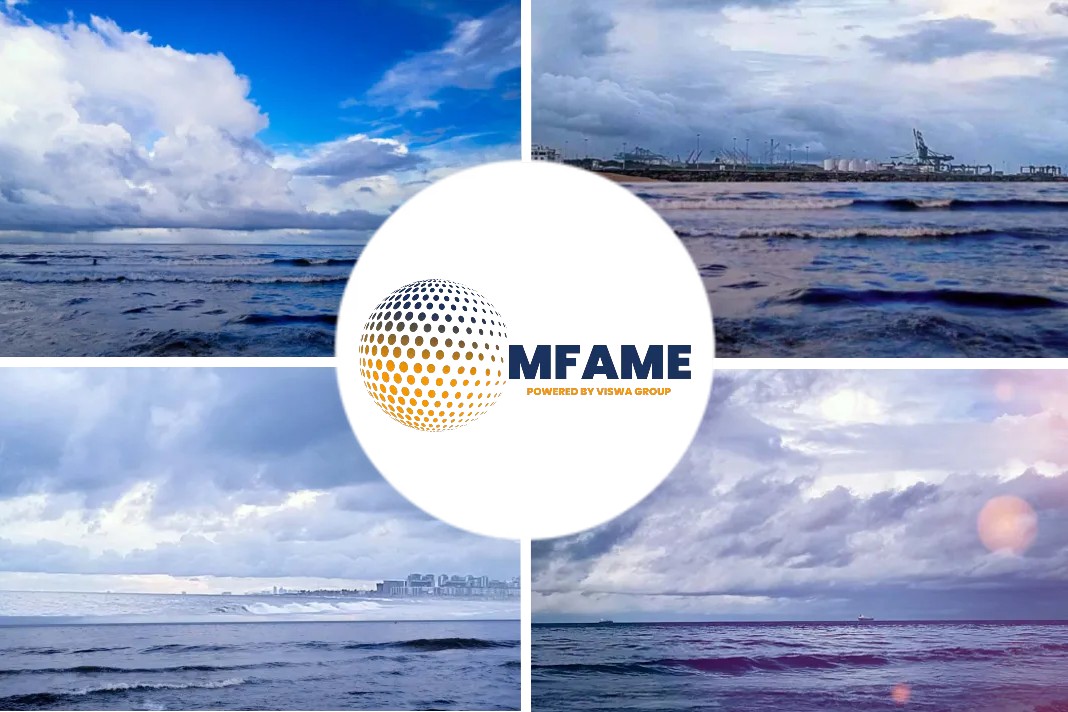A recently released study contends that LNG as a marine fuel is “the most financially effective long-term method for complying with the IMO 2020 sulphur cap”, says an article published in Riviera Maritime Media.
About the Study
Commissioned by SEA\LNG, a UK-based coalition of shipping lines, LNG suppliers, class societies, shipbuilders and propulsion manufacturers, the study focused on LNG as a marine fuel for newbuild pure car and truck carriers (PCTC) in Pacific and Atlantic trade lanes.
The research was performed by analytics firm Opsiana.
SEA\LNG chairman Peter Keller said the study “shows that shipowners ordering PCTC newbuildings should take advantage of the environmental, operational and commercial benefits of LNG”.
What did the study showcase?
- The study considered two PCTC trading scenarios using a 6,500-car equivalent unit (ceu) vessel on the Atlantic trade and an 8,000-ceu vessel on the Pacific trade.
- The study indicated that LNG as a marine fuel delivers the best ROI on a net present value (NPV) basis over a 10-year period, with payback times ranging from 1-3 years on the Atlantic trade and from less than 1-2 years on the Pacific trade.
- These two routes were chosen based on trading scale, said SEA\LNG, with approximately 3.2M vehicles shipped on the Pacific trade and 1.7M on the Atlantic trade annually.
- The study found that 8,000-ceu PCTCs operating on the Pacific trade, whether equipped high-pressure dual-fuel (DF) or low-pressure DF engines, outperformed open-loop scrubbers based on NPV. This was also the case with the smaller PCTC in the Atlantic trade.
LNG Savings Better Than Scrubber Savings?
The results for the Pacific trade 8,000-ceu vessel showed that LNG fuel employing DF engines provide an NPV savings versus an open-loop scrubber ranging from US$5.1M to US$32.5M across five of six fuel scenarios.
Higher initial capex associated with an LNG newbuild as compared with a conventionally fuelled vessel is narrowing, pointed out the study.
The world’s first dual-fuel PCTC was the M/V Auto Eco, built for United European Car Carriers, jointly owned by Japan’s NYK Lines and Sweden’s Wallenius Lines.
More Research in Future
The coalition continues to collaborate with third parties on further independent research which will analyse the investment case for dry bulk vessels and very large crude carriers.
Did you subscribe to our daily newsletter?
It’s Free! Click here to Subscribe!
Source: Riviera Maritime Media















![[Watch] Crazy Power Needed to Move World’s Largest Containerships](https://mfame.guru/wp-content/uploads/2023/11/mfame-tanker-100x70.jpg)

